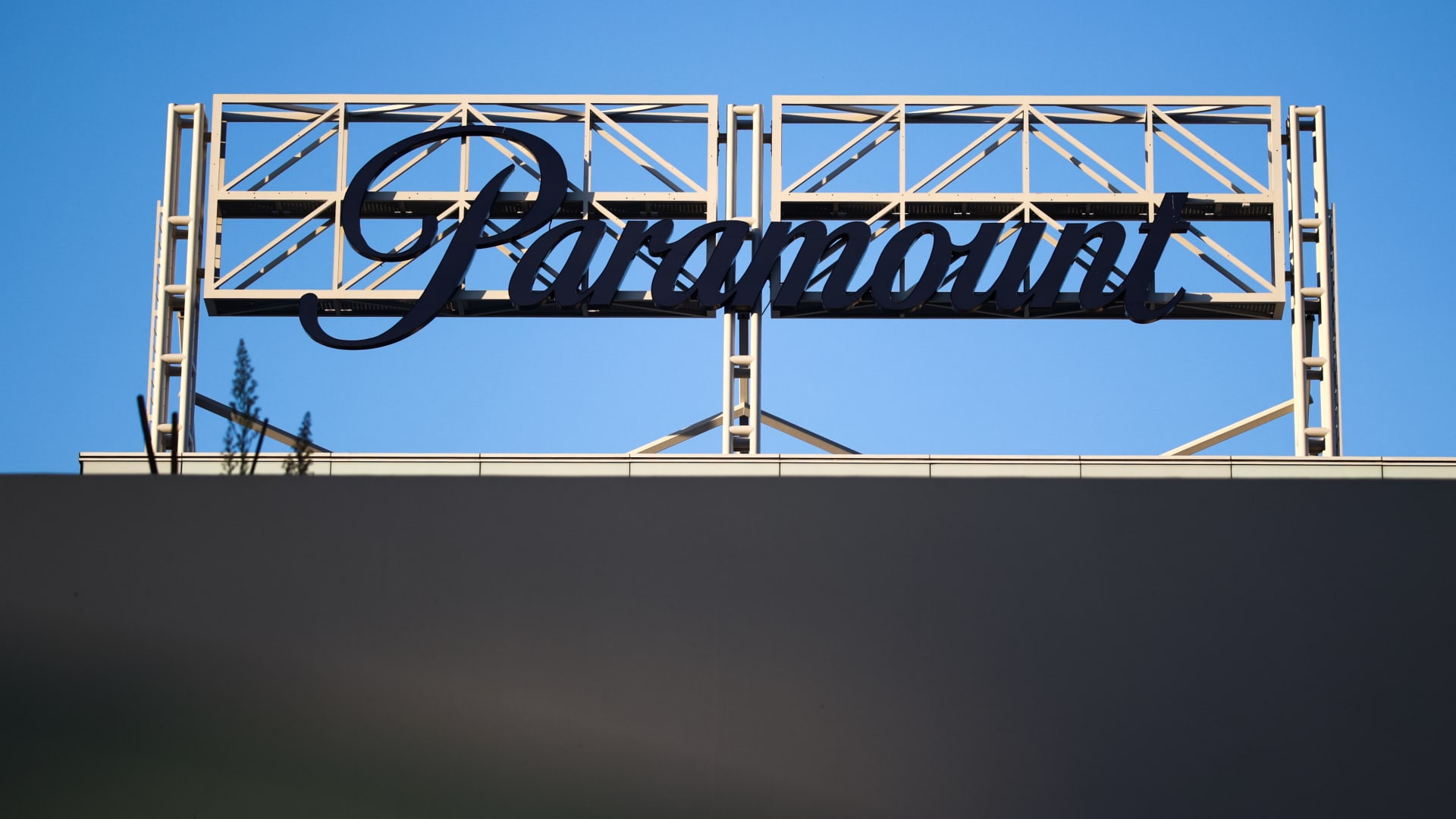Recessions are often the best periods to invest in long-term stocks, but the current environment might be frightening. The market tends to look six months to a year ahead, but you have an advantage over most money managers if you can see many years ahead. Consumers and corporations cut back on spending during economic downturns, slowing economic development. Government involvement is typically necessary to stop the negative spiral that occurs when a recession occurs, as we witnessed in both the 2008 and 2020 downturns.
However, you shouldn’t rely on the government to intervene, especially if it does so ineffectively. That’s why, when a downturn strikes, it’s best to invest in well-capitalized, competitively advantaged companies that you know can weather the storm — and maybe even profit from it.
While a recession would hurt Apple (NASDAQ:AAPL), Alphabet (NASDAQ:GOOGL), and Lam Research (NASDAQ:LRCX) in the short run, these three all-star firms should be on your short list if the economy falls apart.
Getty Images is the source of this image.
Apple
Despite the fact that Apple has done a fantastic job creating a recurring services business over the last decade, one-time hardware sales such as iPhones, Macs, and air pods still account for over 80% of Apple’s income. Those goods sales would almost certainly suffer during a downturn.
Of course, the COVID recession was unique in that it forced people to upgrade their home technology while they were stranded at home due to the pandemic. As a result, Apple’s product income increased after a drop in 2018-2019 due to the trade war between the United States and China. Even so, no two recessions are the same. During the next financial downturn, Apple’s hardware and even some nonrecurring services revenues may take a knock. If that happens, the company’s shares might plummet dramatically.
If it does, though, investors should try to get their hands on some shares. As of last quarter, Apple’s financial sheet was a fortress, with $195.6 billion in cash and marketable securities and only $107 billion in term debt. Apple now has the financial muscle to weather a downturn, repurchase its own stock at a discount, and invest in the next big thing.
According to Forbes, Apple’s recovery from a prospective economic slowdown is a question of when, not if, with the world’s most valuable brand. Customers have amazing loyalty to Apple, whether it’s when it comes to changing their phones or computers, testing out a new product like the recently released airpods, or anything else Cupertino comes up with in the future, such as a possible Apple car.
During the next recession, Alphabet could be put up for sale. Getty Images is the source of this image.
Alphabet
Do you know what Forbes considers to be the second-most valuable brand? It’s Alphabet, the parent firm of Google, the world’s most popular search engine. Like Apple, a large percentage of Alphabet’s revenue is dependent on the economy; digital advertising accounted for 81 percent of the company’s revenue last quarter.
Companies tend to spend less on advertising during a recession, which could impact Alphabet’s performance. This happened in the second quarter of 2020, when Alphabet’s revenue growth fell for the first time in its history.
Alphabet’s fall, like Apple’s, did not persist long. Businesses had moved on to reconnecting with their customers by the fourth quarter. Ad spending shifted back to Google search, Google’s ad networks, and YouTube while people were stuck at home on their phones and laptops. In the fourth quarter, advertising income increased by 22% year over year.
Importantly, Alphabet is also establishing a compelling new business: Google Cloud, a formidable third-place rival in the oligopoly of cloud infrastructure. Cloud computing is still in its infancy, yet Google’s cloud platform saw a 47 percent increase in revenue last quarter. Despite the fact that the operation is still losing money, Google is doing the right thing by investing aggressively in this long-term growth prospect.
Alphabet, like Apple, has a strong financial position, with $137 billion in cash and only $14 billion in debt. So it can repurchase shares in a downturn, like it did last year, buy other firms on the cheap, as it did recently with Fitbit, and invest in cutting-edge technology like Waymo, its self-driving car project.
So, even if investors sell off Alphabet’s shares in the next recession due to concerns about a slowdown in advertising, it should remain on your short list of value companies to buy.
Getty Images is the source of this image.
.
Lam Investigations
Highly cyclical firms are some of the best companies to buy in a recession, but they’re also some of the scariest. In downturns, companies with extremely variable results may sell off considerably more than necessary, and investors might benefit when they rebound.
Lam Research, for example, is a major player in the semiconductor industry. Despite the fact that both Apple and Alphabet are moderately cyclical, the semiconductor industry is significantly more volatile. Semiconductors are one-time purchases that do not generate “recurring” revenue. Chip sales tend to dip during economic downturns as customers cut back on spending and reduce stocks. When a chip, such as memory or storage, is a relative commodity, not only do units reduce, but prices might also fall. As a result of the weaker demand, semiconductor makers are cutting back on machine purchases.
This can be seen in Lam Research’s fiscal 2019 results, which saw sales fall 13% and operating income fall 22% as a result of the trade war between the US and China. Despite the “industrial recession,” Lam was still profitable and had plenty of free cash flow. Lam also generates a sizable 33 percent of its income through services, the majority of which are recurring. The company’s balance sheet is also impressive, with $6 billion in cash vs $5 billion in debt. While the semi sector is cyclical, it is unquestionably a growing industry when seen over the long term, with greater highs and lower lows expected over time.
We’re in the midst of one of those boom times, with semiconductor demand increasing and, with it, Lam’s sales and profit growth. If you had invested during the previous slump in late 2018, you could have nearly doubled your money in two years. Make sure you don’t miss out on the next economic collapse.
This post is the author’s own view, which may differ from a Motley Fool premium advice service’s “official” recommendation position. We’re a mishmash! Questioning an investing theory, even our own, encourages us to think critically about investing and make decisions that will make us smarter, happier, and wealthier.
Continue reading




